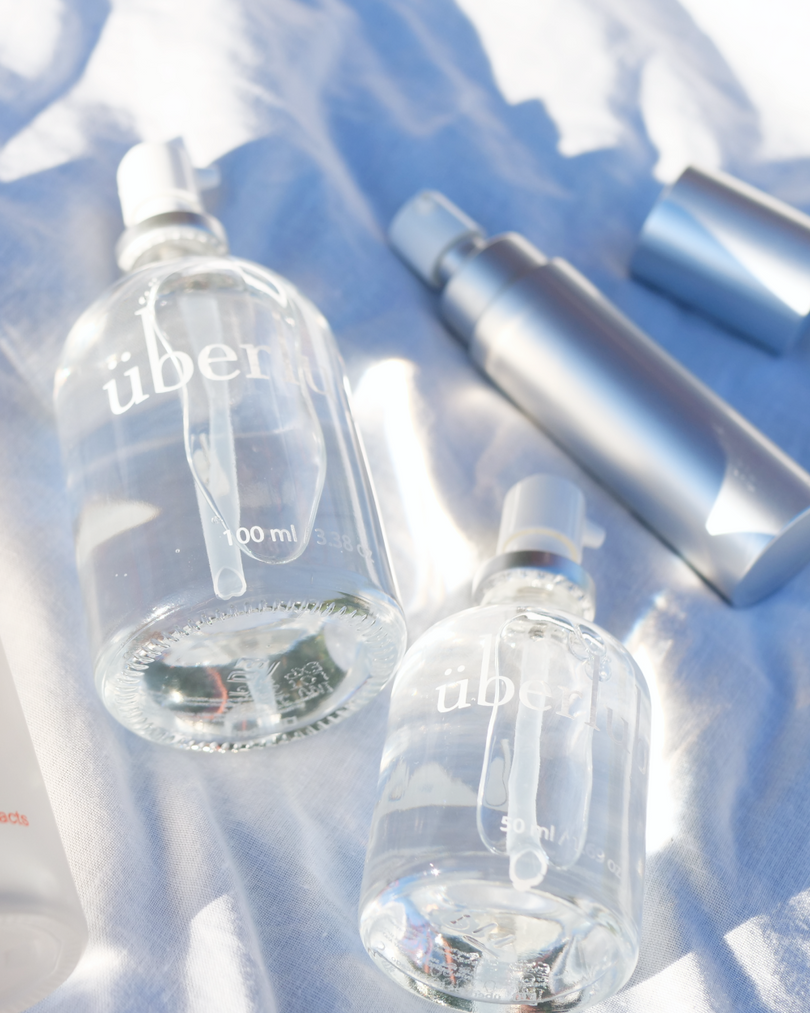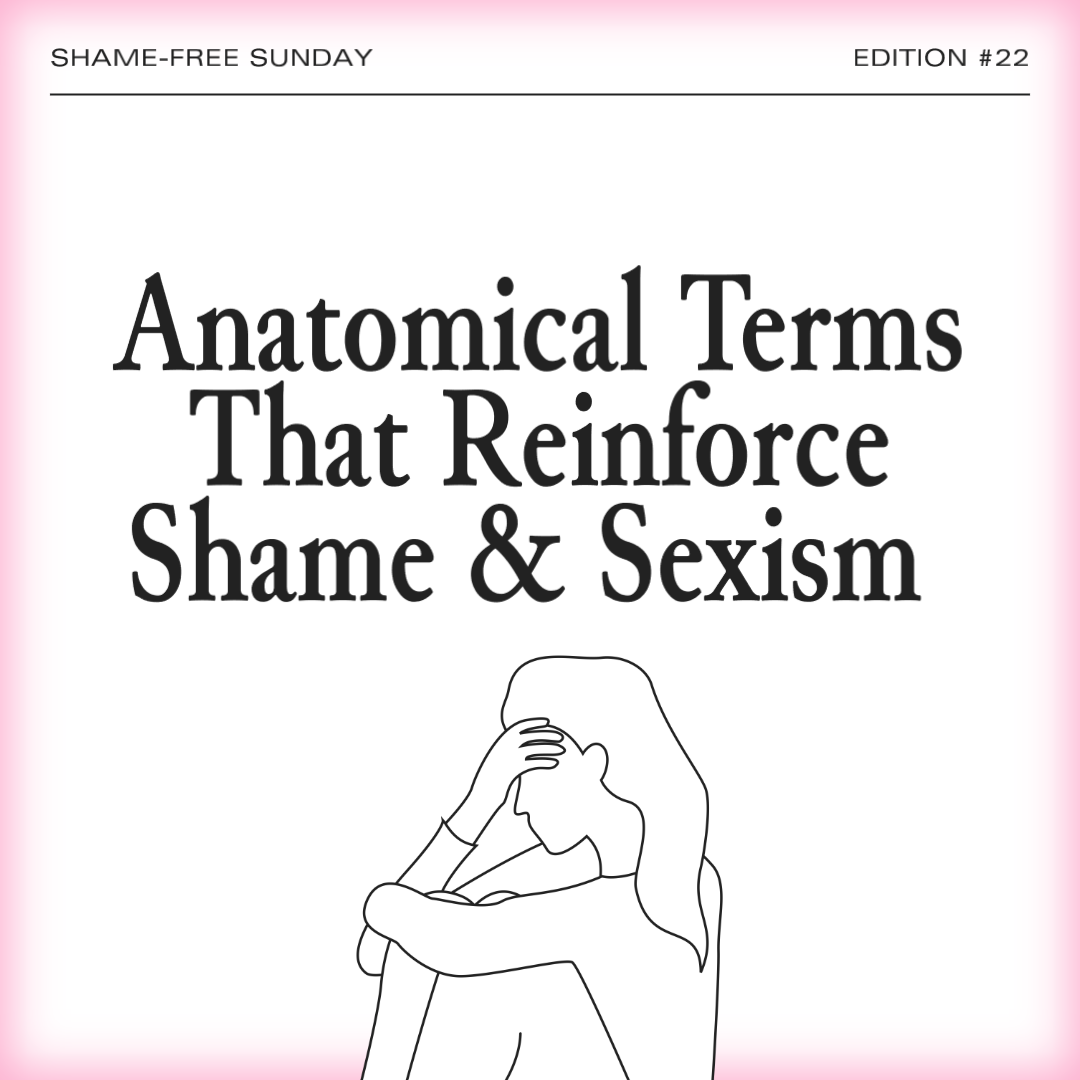Meet Gaby Izarra: Co-founder of US-based virtual abortion clinic, Hey Jane. This week Gaby talks with flossy. about how they founded the virtual abortion clinic, the future of abortion access and what we can do to support abortion rights.
Q&A with Gaby Izarra | Co-Founder of Hey Jane
flossy: Tell me a little about you and your journey to Hey Jane…
Gaby: It’s been a whirlwind. My co-founder and Hey Jane’s CEO started developing the idea for the business between her first and second year at Harvard getting her MBA. We’re old friends from Miami — though we’ve never been as close as we are now — and she happened to mention what she was working on during a meet up with some friends. At the time, I had been working in tech for almost eight years but not at all in the reproductive or healthcare space. I personally have had an abortion and it was an eye-opening experience for me to see how impersonal and shameful it was. It wasn’t long before I reached out to Kiki with a list of all the things I thought I could do to help Hey Jane. I told her I would love to get involved.
While it seems great in theory to launch a virtual abortion clinic, in practice it’s been even better. Our patients are so incredibly grateful, and it makes the work all the more rewarding. With Hey Jane, they can circumvent protesters and get abortion support from the convenience of their own home – they’re a text away from their providers and they can reach out to us at any time. The response from people we serve has been overwhelmingly positive.
flossy: How did you navigate the launch of Hey Jane and were there any challenges?
Gaby: It happened that during COVID the regulatory winds shifted in our direction when a group of prominent women’s health organisations sued the Food and Drug Administration (FDA) for preventing telemedicine prescribing of mifepristone, one of the two drugs used in early abortions (and the only prescription drug with such restrictions). If the regulation stayed, people seeking abortion medication would be required to pick up the medication in person. For the 11.3 million people of reproductive age, who live more than an hour drive to the nearest abortion clinic, this might mean driving hundreds of miles, finding childcare, taking time off work; all during a global pandemic that poses an increased risk of exposure.
After this group of organisations won, we were suddenly able to mail the medication from a regulatory perspective which had been a big question mark for us up until that point. Once we finally launched, we still hit a few regulatory snags, but we’re pretty confident that as the data proving the safety and efficacy of telemedicine abortion continues to pile, legislation will follow.
flossy: It strikes me that many health-related startups aren’t faced with nearly as many regulatory barriers - there's a lot more nuanced and uncertainty with what you’re doing I can imagine…
Gaby: Absolutely, but I will say that I’m confident that telemedicine abortion care is the future of abortion care. It’s convenient, safe and incredibly effective and when you look at the data, there’s no reason for it not to exist.
flossy: Have you noticed a shift in the perception and understanding from the general public around abortion since launching Hey Jane?
Gaby: There is still a lot of work to be done in educating people that medical and telemedicine abortion are even options. We are working towards this continuing education and there are some really great organisations like Plan C that are providing comprehensive information on how people in the U.S can access abortion pills online.
Because we have a team at Hey Jane that comes primarily from backgrounds in tech, we are building a technology platform that can scale to provide even broader access in the future.
flossy: What is the current state of abortion rights in the U.S.?
Gaby: It really varies state by state. Every state has the power to create their own regulations within the confines of Roe vs. Wade. Unfortunately, right now we have a conservative majority in the court which has really emboldened states to create laws that directly threaten Roe vs. Wade. A prime example of this is the recent Texas abortion restriction law (SB 8) that bans abortion after six weeks (often before most women are aware they are pregnant) of pregnancy and incentivises private citizens to help enforce the ban by allowing them to sue anyone who “aids or abets” or intends to aid or abet an abortion for a minimum of $10,000.
If it weren’t for a conservative supreme court majority, laws like SB 8 would be struck down immediately. The purpose of these state restrictions on abortion is the get them up to the Supreme Court in an effort to overturn Roe vs. Wade in some capacity. On December 1st, the Supreme Court will be hearing a case regarding Mississippi's 15-week abortion ban which could result in Roe v. Wade being significantly weakened or overturned; paving the way for more than 20 states to ban abortion.
People are realising that abortion as a right isn’t necessarily a given at this moment and is actually very much in jeopardy and I think people need to really wake up to this fact.
flossy: What risks do you see right now that would impact Hey Jane’s work?
Gaby: There are 19 states that explicitly ban telemedicine abortion — a major risk to us is if more states take up these hostile laws. I’m cautiously optimistic that won’t happen, especially with all the evidence that shows how safe and effective telemedicine care is.
Another risk might be if Roe vs. Wade is overturned. It would be awful for the people of this country — those with uteruses, and anyone who loves someone with a uterus. We’ve seen in Texas what happens when reproductive rights are stripped away: people are forced into pregnancies, or really costly endeavors in order to get the care they need. There’s a great study called The Turnaway Study that shows that when people are turned away from abortion care, they’re more likely to live in poverty, stay attached to abusive partners, and suffer from poorer health outcomes.
If Roe v. Wade is overturned, the federal protections for abortion access would be lifted but many states would continue to allow care. For Hey Jane that means there will always be an opportunity to provide access. In a case where it’s overturned, we’d do everything in our power to help those in hostile states get care.
flossy: As a business, have you experienced shame or stigma around the work you are doing?
Gaby: As we were fundraising, we had some pushback from VCs who’s investors behind the scenes included conservative and/or religious institutions that explicitly stated their funds were not allowed to be used towards anything regarding abortion. We did end up closing our round, however, oversubscribed with more funding than we anticipated and we still have investors knocking down our door. Overall the feedback to Hey Jane has been overwhelmingly positive so it definitely outweighs the negative!
flossy: What’s next for Hey Jane?
Gaby: We’re exploring a few different product verticals to see if we can expand from abortion while continuing to serve the same population. We’re also planning to aggressively expand across states. We’re currently operating in California, New York and Washington which means we can now cover up to 32% of all abortions performed annually in the United States.
flossy: What are a few specific things people can do today to support abortion rights?
Gaby:
1. Head to accessisfreedom.com to join the movement and help spread the message that #accessisfreedom.
Here we’ve surfaced the right organisations for people to donate to that are actually making meaningful change. You can also directly fund abortion care for future Hey Jane patients. We will also be surfacing volunteer opportunities where people can get involved and teach people about reproductive rights, their health and their bodies.
2. Talk about your abortions.
1 in 4 people who can get pregnant will have an abortion by the age of 45. One of the best ways to normalise abortions is to freaking talk about it!
For more information about Hey Jane, visit their website directly.




